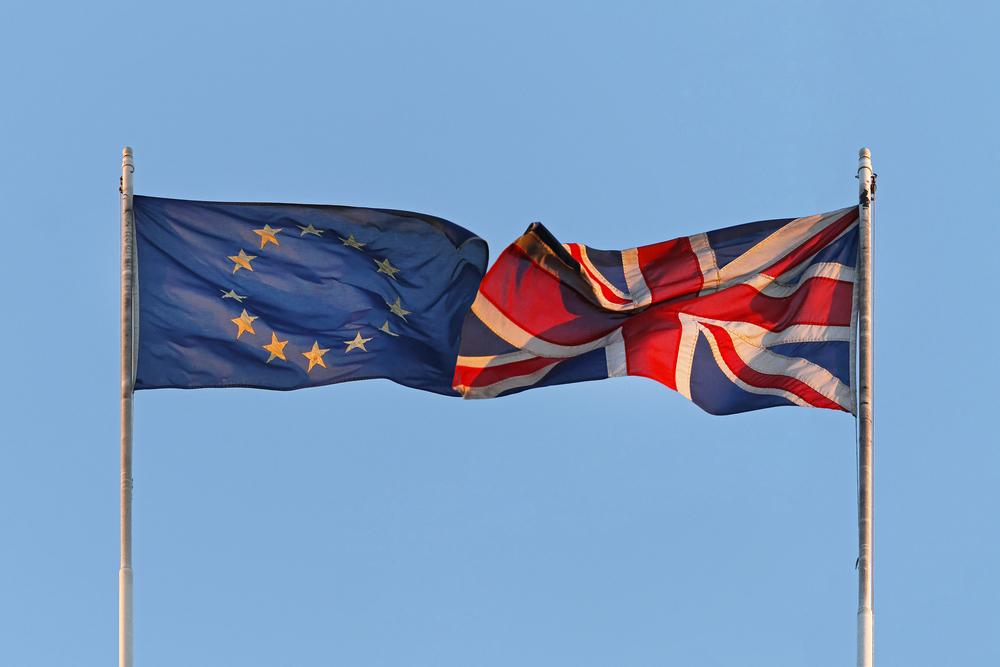UK manufacturing PMI remained trapped at a six-and-a-half year low in July as global trade tensions prevail and Brexit uncertainty weighs, new data on Thursday reveals.
The IHS Markit UK Manufacturing PMI (Purchasing Managers’ Index) was at 48.0 for July, below the neutral 50.0 mark for the third consecutive month and unchanged from the figure given for the month of June.
The data shows that last time that the PMI was below its current level was almost six-and-a-half years ago in February 2013.
Manufacturing production saw its sharpest drop in seven years and demand was weaker from domestic and overseas markets, according to the data.
Employment decreased for the fourth month in a row and the pace of decline accelerated to one of the highest over the past six-and-a-half years.
Ongoing uncertainties such as global trade tensions and Brexit have been cited as factors contributing to lower order intakes and production.
Businesses also said that clients have been directing supply chains away from the UK ahead of Brexit.
“July saw the UK manufacturing sector suffocating under the choke-hold of slower global economic growth, political uncertainty and the unwinding of earlier Brexit stockpiling activity,” Rob Dobson, Director at IHS Markit, commented.
“Production volumes fell at the fastest pace in seven years as clients delayed, cancelled or re-routed orders away from the UK, leading to a further decline in new work intakes from both domestic and overseas markets,” Rob Dobson continued.
Duncan Brock, Group Director at the Chartered Institute of Procurement & Supply said that the “killer combination of economic uncertainty and the weakest production levels for seven years, battered the manufacturing sector into contraction for the third consecutive month in July.”
“New orders fell as businesses used up stockpiled materials, EU businesses moved supply chains out of the UK and weakness in the global economy stifled demand from both domestic and export markets,” Duncan Brock added.
“Unsurprisingly the decline in employment levels followed suit with one of the sharpest cuts to jobs for more than six years as businesses hesitated to keep calm and carry on and build staff levels.”
Last week, Boris Johnson won the Conservative leadership contest, becoming the new Prime Minister of the UK. But will he be able to secure a deal before the Halloween extension date that ensures the nation leaves the European Union in a way that causes as little damage as possible?




